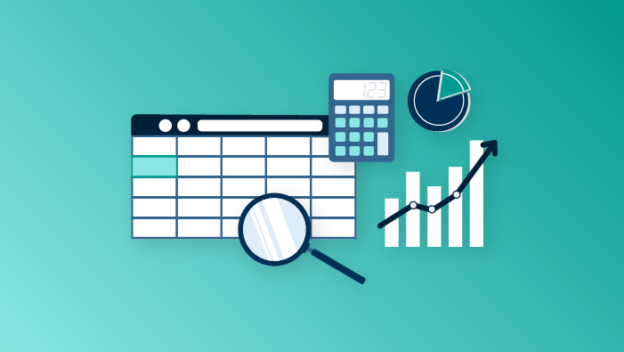As part of the movement to make data more accessible, the FAIR Data Principles were created to evaluate and quantify the features of open data, specifically the aspects of: (F) findability, (A) accessibility, (I) interoperability, and (R) reusability. As funders and publishers are increasingly encouraging and requiring researchers to publish their data, librarians have stepped in to provide expertise around choosing where to deposit and publish datasets. This session will provide a pathway for librarians to critically appraise this process in order to better provide guidance on where to deposit data and how to make data meet quality standards upon publication.
This course is an approved elective for the Level I Data Services Specialization.
Learning Outcomes
At the end of the webinar, participants will be able to:
- Describe common public data sharing methods
- Evaluate datasets and data repositories using FAIR data principles
- Distinguish measures of permanence and certification for data repositories
- Characterize other data quality measures outside of FAIR principles
Audience
Librarians and information professionals who are new to or interested in data services. Those with no experience will also benefit from the session.
Presenters

Peace Ossom-Williamson, AHIP, is the Director of Research Data Services at The University of Texas at Arlington. As an informationist and health educator, she has expertise in the provision of medical library services. In her current role, she leads a team providing services around use of research data, including data management, data visualization, and use of data analysis tools.

Virginia (Ginny) Pannabecker, AHIP, is the Director of Research Collaboration and Engagement at University Libraries, Virginia Tech. Ginny leads a research collaboration and engagement department focused on research services and health sciences libraries. She has experience supporting methods, practices, and training for data sharing as a liaison librarian and as a member of cross-library working groups.
Registration Information
- Length: 1.5 hour recorded webinar
- Technical information: After you have registered, go to My Learning in MEDLIB-ED to access the live webinar, resources, evaluation, and certificate.
- Register, participate, and earn 1.5 MLA continuing education (CE) contact hours.


